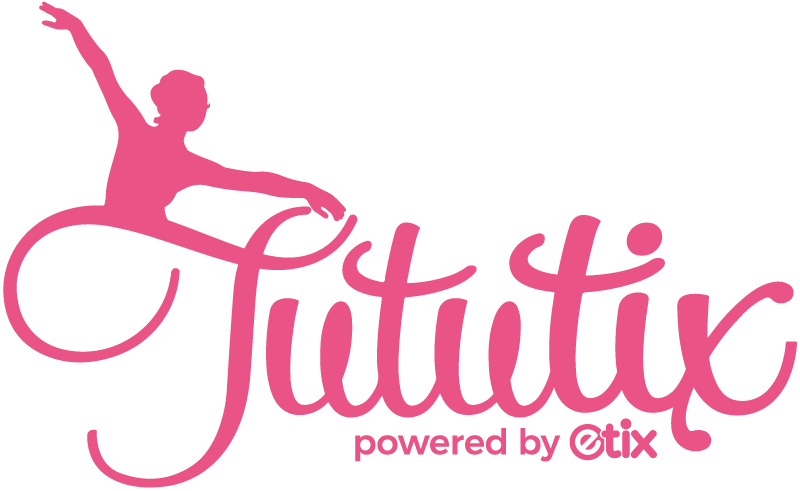Finding the best dance teacher jobs requires unwavering dedication, thick skin and a whole lot of passion. To secure a teaching position at a studio where you are not only able to pay the rent but can truly thrive and make the greatest use of your passions, you need to reflect on what you’re really looking for and how you can present the best version of yourself to potential employers.
Read on to learn how to find – and land – the best dance teacher jobs.
What to Look for in a Job
A job should be more than just a way to pay the bills – it should be a way to both learn and grow as a person and dancer and change students’ lives for the better through the power of dance and expression. Only positive work environments can allow this kind of growth. Environments that are too stressful, hurtful or exceedingly negative will only stifle expression and will foster ineffective teachers.
“Great employers must shift the focus from trying to get more out of people, to investing more in them by addressing their four core needs – physical, emotional, mental and spiritual – so they’re freed, fueled and inspired to bring the best of themselves to work every day,” stated the Harvard Business Review.
Dance studios should be no different in this pursuit. When searching for dance teacher jobs, zero in on dance studios that encourage their teachers to continue their own learning and encourage personal and professional development. A truly great dance studio will support its teachers to attend workshops and conferences and evolve in their practices, along with promoting a healthy work-life balance.
Work as an Assistant
No matter where you are in your dance teaching career, working as an assistant teacher is a great way to gain experience and make yourself a stronger candidate for any open dance teacher jobs at the studio. Working as an assistant allows you to receive detailed feedback about your methods and techniques, which helps you improve as a teacher, noted DancetoEvolve.com. Try to get an assistant teaching position at a studio you’d like to work at in a larger role, since many studios use the assistant position to train the next generation of their teachers. An added benefit of this is that you get to become familiar with the environment and unique characteristics of the studio, which makes you an even stronger job candidate.
Preparing for the Interview
Before your job interview, spend time researching the studio and reading its website. Showing that you spent the time learning about the studio will impress the interviewer. As Elizabeth Emery wrote in a post for DanceTeacherFinder.com:
“The bottom line to me was if they were interested in the job then they would take the time to look around the website; if they didn’t, it would make me wonder if they were serious about wanting the job and if they weren’t it would make me worry they would end up quitting in a few months.”
Also take the time to practice answering common interview questions. You’re likely be asked questions such as:
- Why do you want to work at this studio in particular?
- What is an example of a conflict that you had with a challenging student or parent, and how did you respond?
- Why should we hire you for this position?
- Where do you see yourself in five years?
- What skills do you have to effectively teach different age groups?
Additionally, be prepared to answer questions about your passions. Reflect on why you love dancing, why you want to share it with others and what you hope to accomplish through teaching.
Present Yourself
In dance, presentation is everything, and this is also true during the job application process. Arrive early to the interview and make sure you have copies of any materials you need, such as a headshot, resume, reference list and video reel. Also make sure you’re dressed to impress. Don’t wear a business suit, but dress stylish and professional. For instance, wear a pair of nice dress pants and a flattering top. It’s important to dress in a way that shows you have good taste and an eye for aesthetics, since the job interviewer may use your appearance to gauge which type of performances or costumes you would use in your classes.
After your interview, don’t forget to send a thank you note to the job interviewer, by email or a handwritten note. It’s a small gesture that will go a long way toward making a good impression with the employer. Let’s Talk Dance suggested writing this in your thank you note: “I appreciate you taking the time to interview me, I enjoyed meeting you, and I hope to have the opportunity to make a positive contribution to your organization in the near future.” And even if you don’t get the job, a thank you note is a great way to make yourself memorable and boost your chances of being considered for any dance teacher jobs that come up later on. Make sure you send the note within a few hours of your job interview.
Job Hunting Etiquette
When searching for a new position, always keep in mind proper etiquette. You owe your current opportunities and success to all the people that have helped you and hired you along the way, and the last thing you want to do is burn bridges. If you are currently working at another studio but accept a job offer elsewhere, don’t slack off. Instead, continue giving your current position your all, advised career site Ladders.
“Keep striving for top results and maintain your performance at work … This attitude fueled a more powerful, productive search,” stated the site.
Also, keep in mind that it’s generally poor taste to work at a studio that is a competitor of a place that you have previously trained at. Having a successful career teaching dance is as much about your skills as it is your relationships, and you don’t want to alienate the people who helped get you where you are today.


